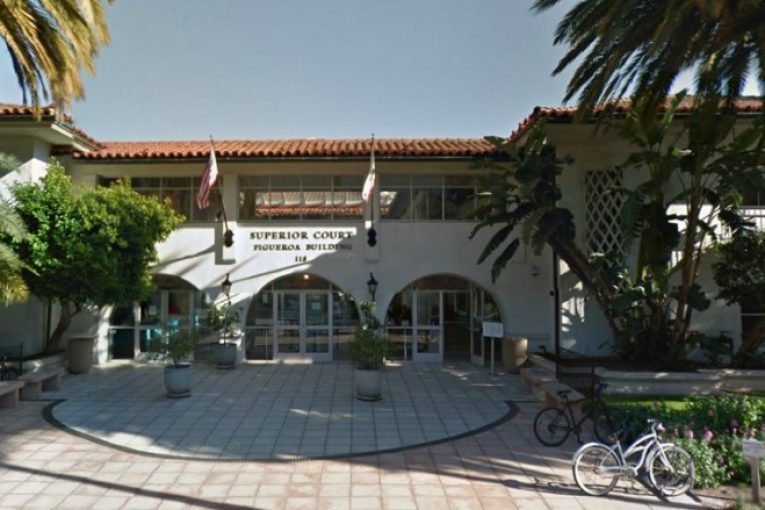
 By Mei Perez
By Mei Perez
SANTA BARBARA, CA – Expert witness Dr. Brent Turvey took the stand here in Santa Barbara County Superior Court Monday in the triple murder trial of Pierre Haobsh for allegedly killing Dr. Henry Han, his wife Jennie Yu, and their five-year-old daughter Emily in 2016.
Haobsh has waived his right to a jury and his multi-week trial is presided over and will be decided by Judge Brian Hill.
The case against Haobsh has been building over the past five years—Haobsh is charged with three counts of first degree murder and three enhancements for murder for financial gain, multiple counts of murder, and commission of a felony.
Turvey is a forensic scientist currently residing in Aguas Calientes, Mexico, and is the director of the Forensic Criminology Institute, with a PhD in Criminology from Bond University and a Masters of Science in forensic science from the University of New Haven. He has been practicing criminology and forensics since 1996 and has provided expert testimony for both criminal and civil cases in the past.
For the next several hours on Monday, Deputy Public Defender Michael Hanley extensively interviewed Turvey about his credentials as a forensic scientist and criminologist, going through his degrees and career.
PD Hanley also questioned the witness about his knowledge of peer-reviewed scientific literature on forensics as well as a lengthy discussion regarding Turvey’s involvement in peer reviewing articles as well as which of his publications had undergone the process of peer review.
After a considerable amount of time discussing Turvey’s knowledge of the 2009 report by the National Academy of Sciences titled “Strengthening Forensic Science in the United States” and the 2016 PCAST report “Forensic Science in Criminal Courts: Ensuring Scientific Validity of Feature-Comparison Methods,” Hanley prompted Turvey to describe the methods of firearm comparison used in Haobsh’s case.
Hanley did point out the findings from the PCAST report did attack of the validity of the methodologies used in the investigation.
In an effort to weaken the evidence found against Haobsh, the defense team drew on recent fears of the validity of the conclusions drawn from forensic science and the tendency of juries placing too much weight on these findings.
The case is ongoing.


